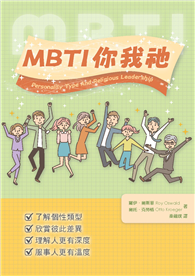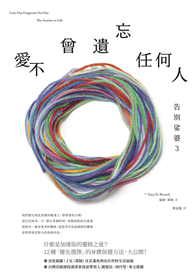The Gitanos of el Rastro carry an ’ontology of simultaneity’ as self-employed traders and Pentecostal practitioners in Madrid. This makes the Spanish Romani be considered as both a part of and apart from mainstream society. This book is an anthropological account of a group of middle and upper-class Gitanos and their ways of creating a ’society within society’ based upon distinct cultural, moral and ideological values, notions and practices. The study renders a comprehensive perspective on social processes of classification, stratification, ’othering’ and the role of ’strangers’ in society and how these processes unfold in the interface between social, ritual and economic life on a local to global scale.
| FindBook |
|
有 1 項符合
Ritual, Rapture and Rebellion: The Making of Market, Mercy and Meaning Amongst the Gitanos of El Rastro的圖書 |
 |
$ 8700 | Ritual, Rapture and Rebellion: The Making of Market, Mercy and Meaning Amongst the Gitanos of El Rastro
作者:Brodersen 出版社:Berghahn Books 出版日期:2024-11-01 語言:英文 規格:精裝 / 388頁 / 普通級/ 初版  看圖書介紹 看圖書介紹
|
|
|
圖書介紹 - 資料來源:博客來 評分:
圖書名稱:Ritual, Rapture and Rebellion: The Making of Market, Mercy and Meaning Amongst the Gitanos of El Rastro
內容簡介
作者簡介
Marianne Blom Brodersen is a social anthropologist and Associate Professor in social work at Nord University, Norway. Her research focuses on ethnography and phenomenologically oriented anthropological theorizing across a range of fields and topics, especially alternative forms of social organization and radical societal change.
|











